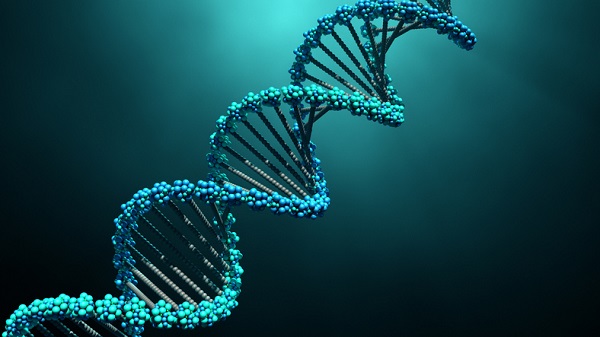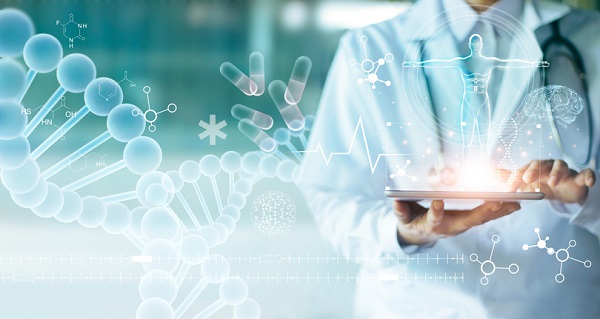When you study pharmaceutical biotechnology in your clinical research studies, you will learn about protein chemistry as a part of developing your understanding of fundamental concepts of biotechnology. The chemistry of proteins, combined with microbiology, immunology, and molecular genetics, provides foundational knowledge that is applicable to strategies used in research and drug safety.
If you choose to work in clinical research, drug safety, or pharmacovigilance, these fundamentals will support the work you do. Understanding proteins is important to a career in pharmaceuticals. Proteins are essential to chemical processes that support life and are integral to many functions of the human body. Medicines interact with proteins, so understanding proteins helps us to understand medicines in a variety of contexts.
Read on for more information about protein chemistry and how it relates to your clinical research studies.
The Structure of Proteins Explained for Students in Clinical Research Programs
Proteins are complex molecules made of smaller units called amino acids. These are:
- The building blocks of proteins
- Composed of a basic amino group, acidic carboxyl group, and organic R group
- Attached to each other in long chains
- Combined in different sequences to create each protein’s structure
There are 20 different types of amino acids. Amino acids get their variety from variations in the organic R group. There are many different proteins, characterized by the combination and sequence of their amino acids. Protein molecules are large and functions of the body such as muscle contraction, catalyzing biochemical reactions, and oxygen transport are made possible by them.

Collagen is an example of a protein in the human body
The Relationship Between Protein Chemistry and rDNA
In your clinical research program, you will learn foundational concepts that apply to recombinant DNA products and DNA-based diagnosis of genetic diseases.
Recombinant DNA (rDNA) combines genetic constituents from different sources, artificially producing DNA molecules. Human Growth Hormone (HGH) is an example of an artificial creation from rDNA proteins to treat patients.
- HGH stimulates growth in the human body, making cells reproduce and regenerate. This affects various things including growth in children, the building of muscle tissue, and the regulation of bodily systems.
- Some children have a deficiency of HGH. These individuals can have less physical growth and become shorter than average adults. The conditions that cause low HGH in these children can sometimes be treated using HGH made from rDNA technology.

rDNA produces artificial DNA molecules using organic matter from different organisms
Grads with a Clinical Research Diploma Understand Drug-Protein Interaction
Drug-protein interactions are important for your career after earning your clinical research diploma, as drugs bind to proteins in the human body and cause reactions. These reactions can be intentional or not. Tests for unexpected drug-protein reactions increase the safety of drugs and help monitor the side effects of medications.
Methods to study drug-protein interactions include:
- High-performance liquid affinity chromatography (HPLAC), which separates compounds in a solution using various instruments such as a pump, separation column, and detector, using biological interactions
- Equilibrium dialysis, which separates particles in liquid using a membrane
- Ultrafiltration, which uses filtration through small enough openings to retain molecules
The human body contains a range of proteins, and these methods can help to discover unplanned reactions between those proteins and drugs.

The way that drugs interact with proteins affects patient safety
Are you looking for clinical research training Toronto locations?
Contact AAPS for more information.




